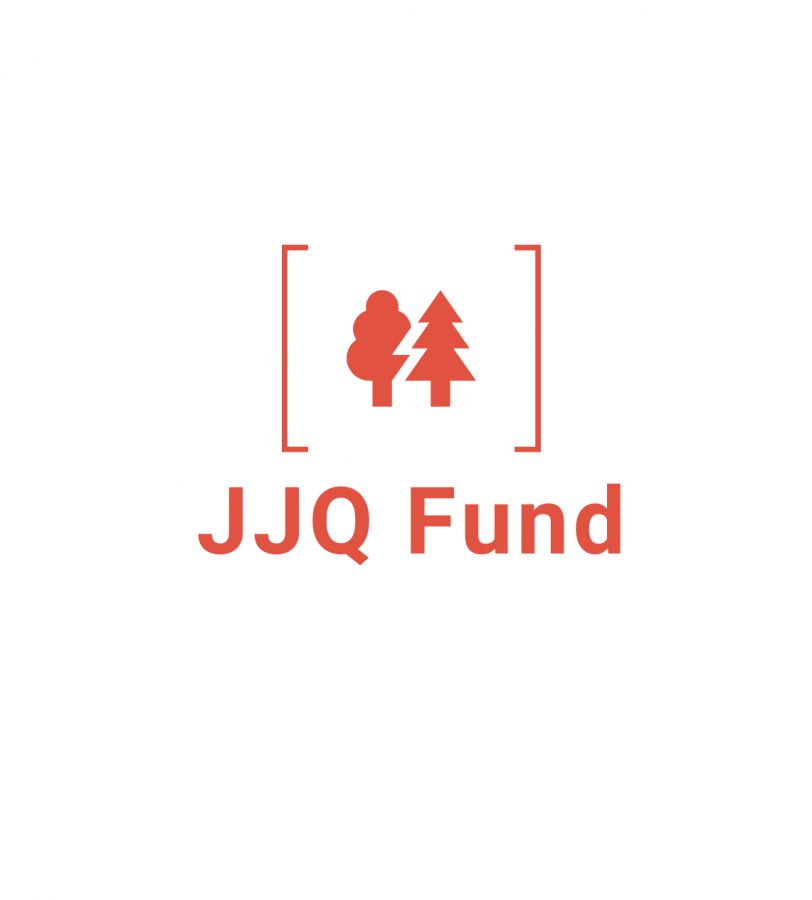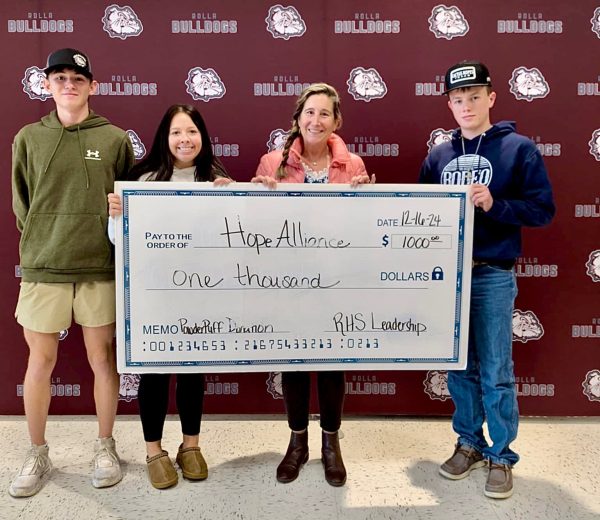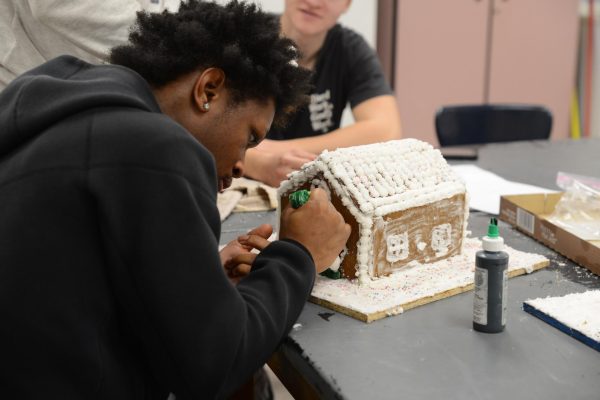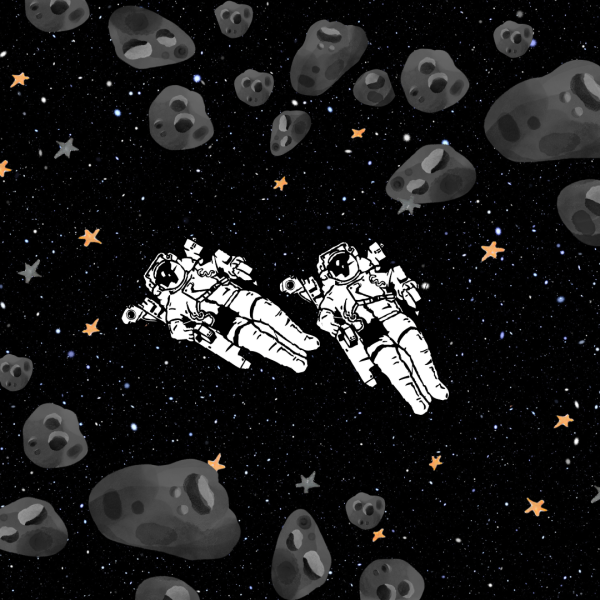Say no to drugs, say yes to good health
Red Ribbon Week is October 23-31; this week on the calendar informs students about the dangers of drug use and helps prevent it within our school and community. Red Ribbon Week started in 1985, after the loss of Kiki Camerena, a drug enforcement officer who was killed by drug traffickers in Mexico. Since then, many non-profit organizations have worked to prevent drug usage within our communities.
In memory of a former student, Rolla High School guidance counselor Monica Lyle formed a nonprofit organization called the J.J.Q. Fund which helps prevent at-risk youth from drug usage and other health related conditions. Lyle wanted to shape the loss of her student, into something more positive, something that could benefit the community of Rolla.
“I had a former student that graduated last year that passed away very unexpectedly on June 1, 2021. From that grief, I decided to channel some of that emotion into something positive,” said Lyle. “So I formed a nonprofit organization called the J.J.Q. Fund, and the J.J.Q Fund aims to provide opportunities and resources to at-risk children, youth, and sometimes even families.
The J.J.Q. Fund has helped provide for those with financial needs. Over the summer, the fund was able to fund football scholarships to the ECC football camp, and was also able to give a donation towards the Community Health Clinic in Rolla, for the Back to School Bash. The Fund has now funded many students and families within the community helping give numerous scholarships and donations. One donation that the J.J.Q. Fund has given is towards C.A.S.A, which stands for court appointed special advocate.
“It is, in a nutshell, a person that is appointed by a judge to be an advocate for a child that is in foster care, so they are oftentimes their voice, especially when a child is younger. They are really that liaison between the foster child and the judge,” explained Lyle. “So we’ve been coordinating with them and giving them a donation as well. We aim every month, to find something that we want to support and want to donate to. We have given a donation to the Learning Center here that is connected to the Rolla High School which is an environment for students to be able to succeed in an alternative learning environment.”
Teachers have educated students about the dangers of drugs, but many teens don’t understand the impact that drugs have on their health. The addictive nature of many drugs can negatively impact mental, physical, personal, and academic aspects of your life.
“[Drug use] can affect areas of your concentration and your motivation especially when that black hole kind of starts to pull you in and you start to sink from the drug use,” said Lyle. “It kind of takes over your life, and things like schoolwork, grades, even your future after high school start to not matter as much as they did because that drug is taking precedence. And when that drug takes precedent, that’s all that matters,” added Lyle.
Drugs don’t just affect a student’s academics; they can also impact social life and health.
“First of all, it’s illegal. With that legal aspect comes some pretty big repercussions, penalties, and consequences. The second, sometimes not as glaringly obvious, is that when any teen or adult decides to pursue any type of drug use, it often produces a domino effect. It will start to have effects in all areas of your life. For example, it is going to affect your sleep cycle and diet,” said Lyle.
Lyle also highlights the negative impact that drug use has on social life and activities that should bring joy.
“You might start to hang around the wrong crowd. You might start to pull away from activities or sports that you would be involved in. It basically just becomes a black hole that starts to suck you in and pull you away from all aspects and areas of your life,” added Lyle.
So, why do students decide to start doing drugs? Is it because of peer pressure? Or do they see others doing it? There are many reasons why kids might be under the influence of harming their body with the usage of drugs, and it is important to inform them why it is harmful to do so.
“I think a lot of students oftentimes have the assumption or stereotype that, ‘oh, I can try this just once, and I will be okay.’ There are a lot of very scary substances that are right beneath our nose,” said Lyle. “Sometimes students can have that assumption that they can just try this once and they won’t get addicted, but that’s not always the case. We also have a lot of students that rely on different types of substances to be able to cope with certain emotions, whether that is anger, depression, anxiety, and that is a very dangerous and slippery slope.”
Many drugs can be highly addictive and could cause immediate or lifelong negative consequences. It is important for teenagers to know the dangers and risks of doing drugs and how to keep their peers safe.
If you or others are in danger due to drug usage, contact:
Compass Health Mental Health Center, Rolla, Mo: (844) 853-8937
Substance Abuse and Mental Health Services Administration National Helpline: (800) 662-4357
Guidance Counselor Monica Lyle: [email protected]
If you are interested in reading more about the J.J.Q. Fund visit: https://pages.facebook.com/JJQFund/

Bonjour! I’m Hannah, the editor-in-chief of ECHO; and this is my third year on the staff. Along with ECHO, I work as the Phelps County Focus Sowers Intern...








